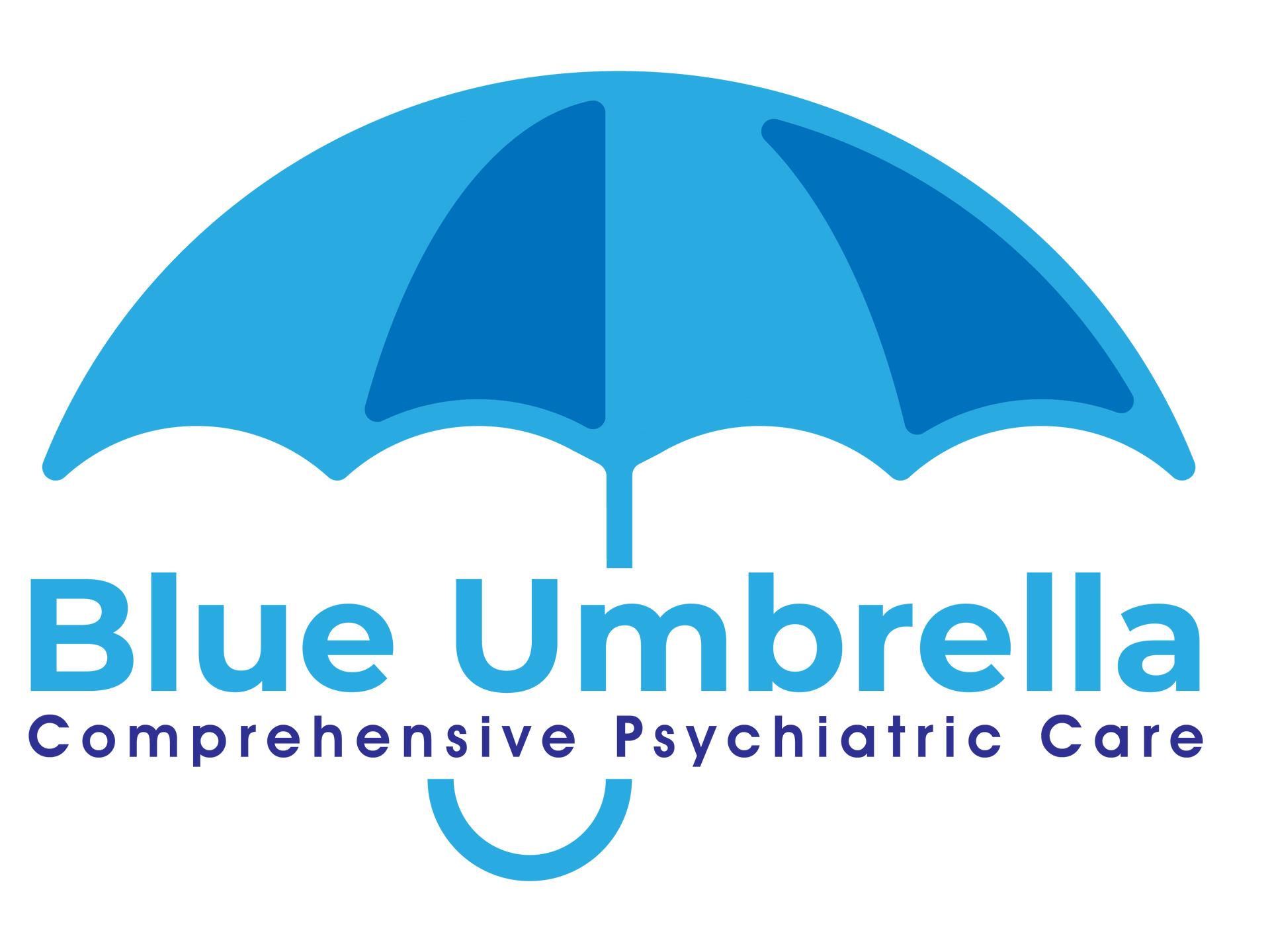As we step into a new year, it's natural to contemplate what lies ahead. However, the unknown can often be a source of anxiety and stress. At Blue Umbrella Psychiatry, we understand that navigating uncertainty can be particularly challenging, especially for those dealing with treatment-resistant depression. In this blog, we'll explore the anxiety that comes with the unknown and provide valuable tips to help you manage it. Additionally, we'll introduce two innovative treatments we offer—Esketamine and Transcranial Magnetic Stimulation (TMS) therapy—that can provide hope and relief for individuals struggling with treatment-resistant depression.
Uncertainty: A Common Source of Anxiety
Uncertainty is an inherent part of life, but it can trigger anxiety, especially when we can't predict or control what's coming next. This uncertainty may encompass various aspects, from personal and professional changes to global events and health concerns. For those already dealing with mental health challenges, such as treatment-resistant depression, navigating this uncertainty can feel particularly daunting.
Understanding Treatment-Resistant Depression
Before delving into strategies for managing uncertainty, let's briefly introduce Esketamine and TMS therapy, two innovative treatments that offer hope for those with treatment-resistant depression:
1. Esketamine: Esketamine is a breakthrough treatment that has shown remarkable results in alleviating the symptoms of treatment-resistant depression. Administered under medical supervision, it can provide rapid relief when traditional treatments have been ineffective.
2. Transcranial Magnetic Stimulation (TMS) Therapy: TMS therapy is a non-invasive procedure that uses magnetic fields to stimulate specific areas of the brain associated with mood regulation. It is FDA-approved and offers an alternative option for individuals who haven't responded to traditional treatments.
Tips for Managing Anxiety About the Unknown
Now, let's explore effective strategies for managing anxiety related to uncertainty in the new year:
1. Mindfulness Meditation: Practicing mindfulness can help ground you in the present moment, reducing worry about the future. It promotes relaxation and mental clarity.
2. Set Realistic Expectations:
Acknowledge that life is inherently unpredictable. Instead of striving for absolute certainty, focus on building your resilience to handle whatever comes your way.
3. Limit Exposure to Stressors: While it's essential to stay informed, limit exposure to distressing news and social media content that can exacerbate anxiety.
4. Seek Professional Support:
Don't hesitate to reach out to mental health professionals, like those at Blue Umbrella Psychiatry. They can provide coping strategies and treatments tailored to your needs.
5. Practice Self-Care: Prioritize self-care activities that promote relaxation and well-being, such as exercise, meditation, journaling, and spending time with loved ones.
6. Stay Connected: Maintain connections with friends and family, even if it's through virtual means. Social support can provide comfort and reduce feelings of isolation.
7. Set Achievable Goals:
Break down your goals into smaller, achievable steps. This can provide a sense of control and accomplishment.
8. Embrace Uncertainty as Growth: Remember that uncertainty can also bring opportunities for personal growth, resilience, and adaptability.
Conclusion
Managing anxiety about the unknown is a common challenge, but with the right strategies and support, you can navigate uncertainty with greater ease. At Blue Umbrella Psychiatry, we offer innovative treatments like Esketamine and TMS therapy for individuals with treatment-resistant depression. These treatments provide hope for those who have faced challenges with traditional approaches. If you or a loved one is struggling with mental health concerns, including the anxiety of uncertainty, please reach out to our dedicated team. We are here to provide guidance, support, and personalized treatment plans to help you embrace the new year with confidence and resilience.













